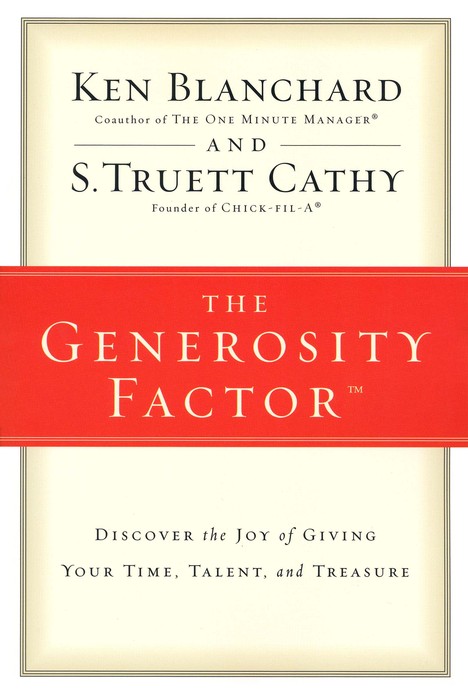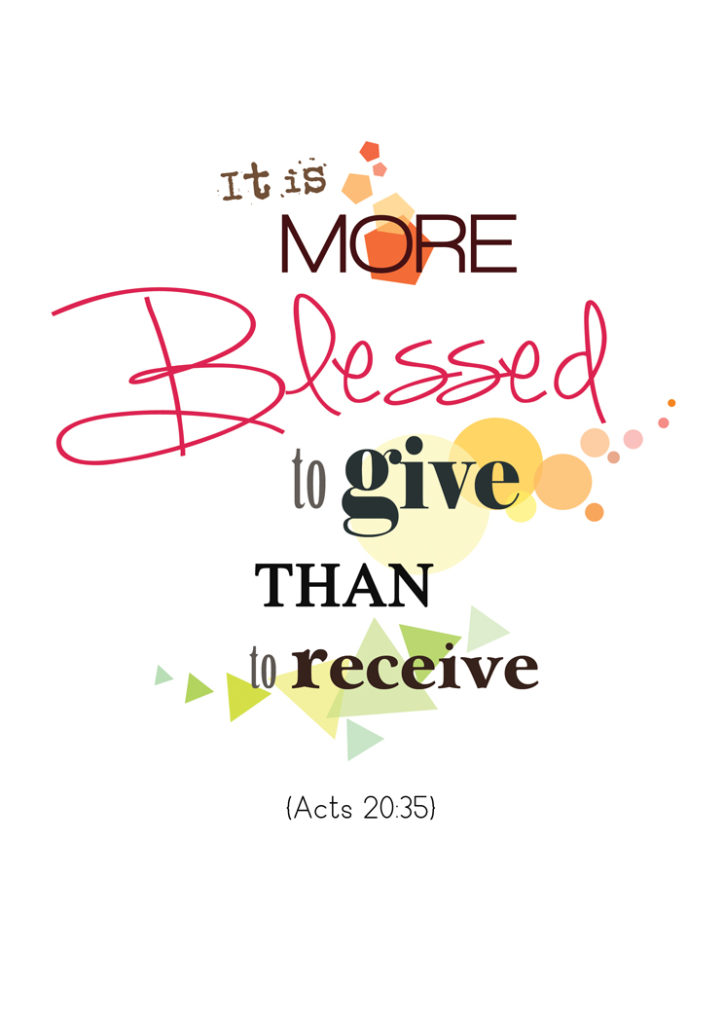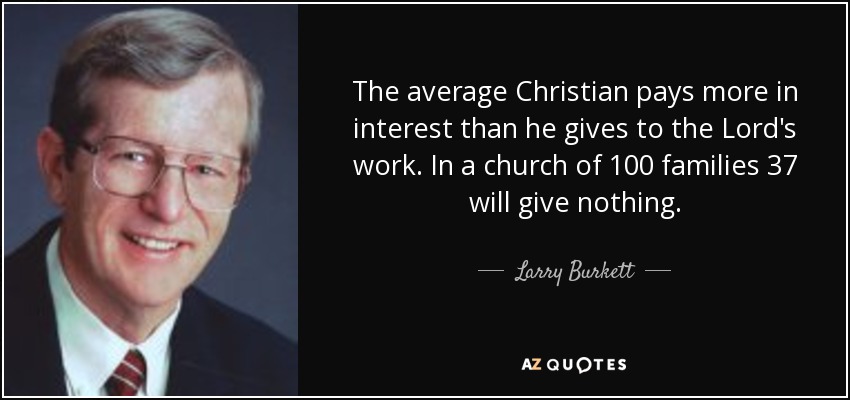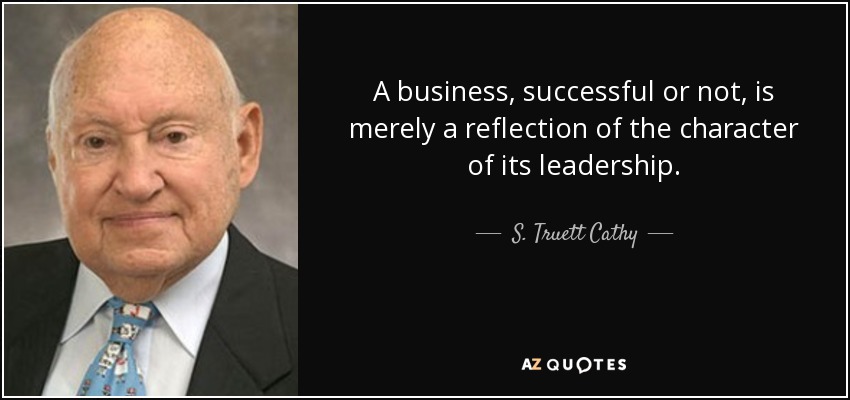Click here to return to Blog Post Intro

There’s a saying of Jesus—made more than two thousand years ago—that goes like this: 
By Fennecia on Deviant ArtGiving—and especially generosity—has a big impact on your life. You need a plan for it because it’s a tremendous pleasure to give. This is “The Generosity Factor.”
Most people give out of guilt. Or a sense of obligation. Or to be the subject of a write-up in the newspaper. Some even give to reduce taxable income.
There are four things you can give, and they are all of equal significance: Time. Talent. Treasure. Touch. Nothing more than these four. The beauty of it is, there are so many ways to give them. The tragedy is that so few people discover ways to give even one—let alone four.
A lot of folks say they care about people, but they don’t actually do anything about it. Generosity is all about caring about the needs of others, then acting to meet those needs. Time meets a certain kind of need. Talent meets another. Treasure still another, and touch meets its own set of needs. Generosity is about balance—about making all of one’s resources available.
Some believe the Bible is a wonderful collection of interesting myths and legends, but that’s about it. But every person who believes and trusts in the teachings of that old book has never been disappointed. As Truett Cathy explains, “The Bible serves as my inspiration, my guide, my compass, and it even provides the foundation on which I’ve built my business. I believe that biblical principles make great business principles.”
He went on to say, “If I have time on this earth, it’s a gift. If I have any talents, they are gifts, too. Any money I have is a gift. And I don’t believe that gifts are only to be received. They are meant to be given to others. To be shared. But the beautiful thing about all of this is that the rewards I receive outweigh anything I could ever give. My rewards come in the form of smiles from children. Young people who are able to pursue their dreams. Kids who can go to camp. Team members who have a sense of fulfillment.”
Generosity isn’t about doing the minimum—simply doing the expected. Every day, look for opportunities to do something extra. Make it a part of your routine.
Some people think of generosity as an event. They get behind some cause and participate in an annual fund drive. When their big splash is over, it’s back to business as usual. But generosity is an attitude. It has to be cultivated daily. Every day we can find countless ways—great and small—to make someone’s life better.
We must recognize that we are stewards or caretakers—managers of the things He owns. And it’s our responsibility to manage it all to the best of our abilities. Our response to all His gifts—whether it’s time, talents, wisdom, or money—is to give people a chance.
To understand Moderation, you have to understand extremism. Extremists care about only one thing. Making money is one example. Giving everything away is another. Neither pursuit yields any meaningful results. Extremists who only want to make money benefit only themselves. Extremists who choose only to give it all away can’t generate anything new to give in the future. Extremists caught up in either trap have no time for spouses, families, friends, or relaxation. Moderation means that you balance it all in order to benefit all.
While many people can achieve success, it seems that only a few achieve significance. The success-motivated person tends to measure his or her life in terms of money, power, status, achievement, and recognition. The significant person places emphasis on a more spiritual view of life—generosity, empowerment of others, service, building up others, and helping them develop solid relationships.
The successful person has learned how to make money, but the significant person has learned how to give it away—how to be generous, to share the blessings of money with those who are in need or those who help meet a variety of social and humanitarian needs. The successful person has achieved great things—sadly sometimes at the expense of others. He or she is proud of what has already been accomplished. The significant person understands that the greatest thing anyone can accomplish is to serve others and to help them achieve their goals.
Giving of resources is one form of generosity, serving others is another, and fostering meaningful relationships is yet another. It all comes down to Time, Talent, Treasure, and Touch.
We all leave a legacy behind. Do you want to be remembered as a person who empowered others to put the generosity factor in action?
When we are blessed, a good way to express our thankfulness is through the tithe—giving ten percent of our income back to God and to the work He’d like to see done to help others. It’s the least that we owe Him out of our gratitude. It’s a good habit to get into, just as it’s a good habit to save and invest. Anything given above the tithe is a true expression of generosity. It’s what we call an “offering.” It’s not all about getting. It’s about giving.
Three M’s: Master, Mission, and Mate.
Truett Cathy points out that the three ‘M’s are the basics:
- Master: Cathy explains, “I discovered my Master when I decided that God could do a better job of turning my life into something worthwhile and meaningful than I could on my own. So I put Him in charge.”
- Mission is to serve customers by meeting their needs.
- Mate is the right partner with whom I could share my life.
Cathy’s Corporate Purpose for his company, Chick-Fil-A is “To glorify God by being faithful stewards of all that is entrusted to us. To have a positive influence on all who come in contact with our company.”
Often when we count our blessings, we think of things. But Cathy notes, “Blessings really are gifts. And I’m just the steward of anything that’s been given to me. I’m a caretaker. Because much has been given to me, much is required of me. That’s my responsibility, and I accept it with gratitude. Because God has given me everything I have, I owe Him thanks. His gifts are beyond my imagination. In a way, they’re indescribable! The more I realize that, the more thankful I become. The natural by-product of gratitude is generosity.”
A great writer and teacher, Gordon McDonald, once said something like this, “There are Driven people and there are Called people. Driven people think they own everything; and Called people believe everything’s on loan. Driven people think they own their relationships, their property, and their businesses. They spend most of their time and energy protecting what they think they own. Called people know that even their relationships are on loan, so they spend time fostering those relationships.”
A thankful heart tends to be a generous heart. A selfish person always asks, “Why did this happen to me?” That leads to a “victim” mind-set, and victims are never generous. They don’t want to give. They simply want to get even somehow.”
Giving is not the greatest joy, of course, but it’s right up there with my faith, my family, and my friends. The only way to give is to give cheerfully. Sometimes it’s more meaningful to give out of your scarcity—to share those things that are in the shortest supply. No matter what your circumstances in life, there are things that you can give. Everyone can have an impact. We all inherit what we have. It is all a gift from our Creator. It’s all His in the first place.
Jesus was in the Temple one day, and He watched the rich people parade in and give great amounts of money. Then a poor widow walked in and gave two small coins—the only money she had to live on. Jesus told the crowd that she had given more than all the others, because they had given out of their wealth, but she had given out of her poverty. I think what Jesus was saying is that real generosity isn’t something that’s carefully calculated. It’s not something done for show. If it’s genuine, it comes from the heart.
Jesus said that when we give to the needy, we’re not supposed to announce it with trumpets. We’re supposed to give as if our left hand doesn’t even know that our right hand is doing the giving. It’s called “giving in secret.” That’s how we learn to be generous without any underlying selfish motives.
The bottom line is that it’s about freely giving of everything you have. It’s a willingness to give up position, rights, inheritance, authority, maybe even a part of the future—all to help someone in need.
The generosity factor all comes down to heart:
- He Owns It All.
- Every Day Is an Opportunity.
- Action Is Required.
- Remember Your Blessings.
- Thank Him.
The real key to generosity, though, is more than simply “HEART.” Cathy goes on to explain, “It’s really all about Who changes it. To me, a changed heart simply means being in sync with God. The reason I understand that He owns it all—the reason I thank Him—is because He’s changed my heart. It’s in sync with Him.”
Our hearts synchronize with God. He “downloads” His information—through His message in the Bible, through our inborn consciences, and through the influence of others. We upload our information to Him through prayer, through lives of service, and through generosity. It’s a two-way deal.
The really interesting thing about it is that a changed heart is a generous heart. The old way is to desire to have the good things flow toward us. The new way is to want the good things to flow out of us. As a result, even greater things flow into our lives. If you measure yourself in terms of wealth, achievement, and status, you’re into a never-ending game. The more you get, the more you want. Enough is never enough. But if you focus on spiritual significance, you realize that you’re already loved and accepted—and love and acceptance are the greatest things anyone can possess.
| Success | Vs. | Significance |
| Wealth
Achievement Status |
Generosity
Service Relationships |
Ken Blanchard noted that S. Truett Cathy (1921-2014) was a remarkable man, who was his coauthor, dear friend, and founder of Chick-fil-A. Blanchard concludes the book by saying, “Thank you, Truett, for the profound impact you had on my life. Thank you for teaching us that the journey from success to significance takes place, to a great extent, when we put The Generosity Factor into practice.”


